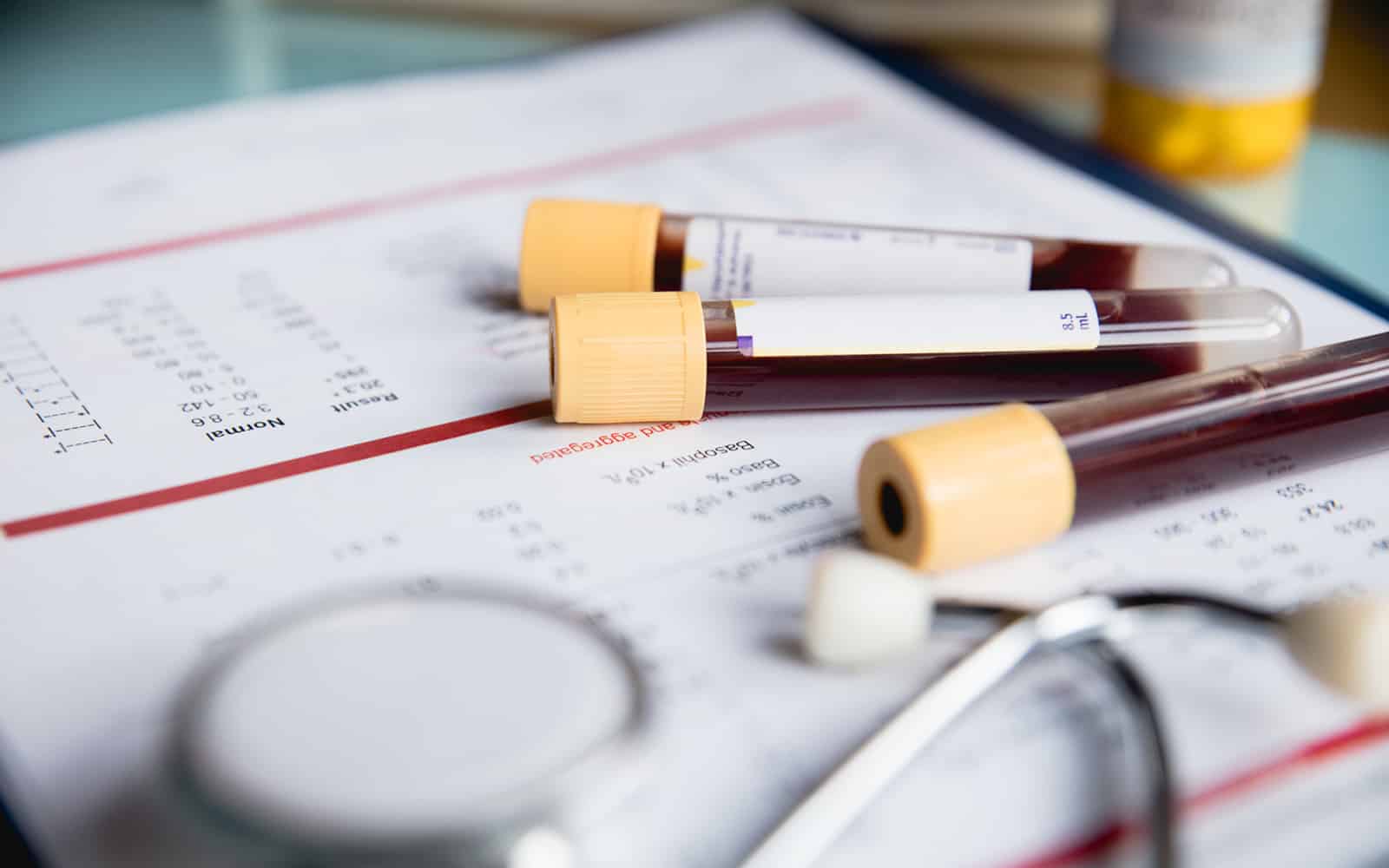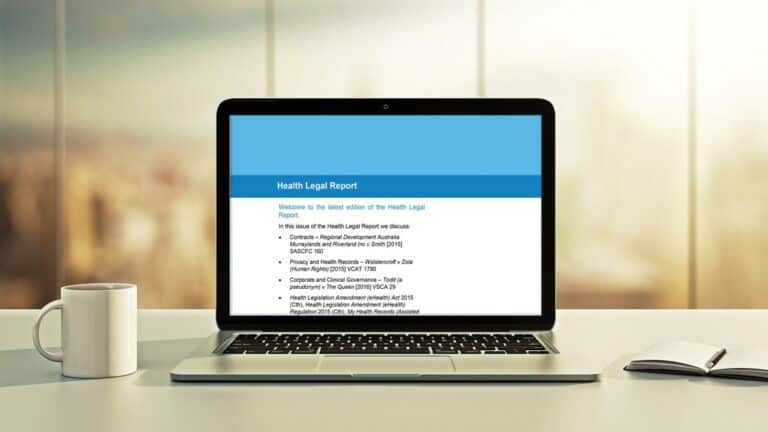This article applies to health, emergency and public sector workers, and organisations that operate pathology laboratories.
Mandatory Disease Testing Act 2021 (NSW)
Background
An application for a mandatory testing order can be made by certain frontline workers (the worker) who have come into contact with another person’s bodily fluids (blood, faeces, saliva, semen). If a worker’s application is approved, a third party will receive an order to get a blood test. The scheme applies to health and emergency services as outlined in the Table at the end of the Dictionary of the Mandatory Disease Testing Act 2021 (NSW) (the Act).
Application for Mandatory Testing Orders
Pursuant to section 8 of the Act the worker may request a mandatory testing order concerning a third party if the following conditions apply:
- the worker has come in contact with the bodily fluid of a third party; and
- the contact happened while the worker was performing their duties; and
- the contact happened as a direct result of a third party’s deliberate action towards the worker without the worker’s consent.
The application can be made only if the worker has consulted a relevant medical practitioner (further discussed below) and must be made in writing to the workers senior officer within 5 business days after the contact with the following information, as detailed in section 10 of the Act:
- a detailed description of when the contact happened, including the surrounding circumstances;
- how the worker was exposed to a third party’s bodily fluid;
- the name and address of the third party, if known;
- a statement that the worker does not consent to the contact;
- a statement from the worker that the third party’s deliberate action caused the worker to come into contact with the third party’s bodily fluid;
- a statement that the worker consulted a relevant medical practitioner, as soon as reasonably practicable but no later than 24 hours after the contact as per section 9 of the Act;
- the name and contact details of the relevant medical practitioner;
- a copy of the medical practitioner’s written advice if any; and
- the medical practitioner’s name and contact details authorised by the worker to receive the results of the third party’s blood on the worker’s behalf.
In addition, the application must also contain a statement from the worker indicating that the worker consents to the senior officer discussing the worker’s consultation with the relevant medical practitioner and the obtaining of the worker’s medical records, if the application does not include a copy of the medical practitioner’s written advice.
Notably, the medical practitioner must inform the worker about the following during the consultation:
- the worker’s risk of contracting a blood-borne disease as a result of the contact from the third party; and
- the action to be taken by the worker to mitigate the risks of contracting and transmitting the blood-borne disease; and
- the extent to which testing the third party’s blood for blood-borne diseases will assist in determining whether the worker is at risk of contracting the blood-borne disease.
Blood-borne disease means HIV infection, Hepatitis B, Hepatitis C or other blood-borne disease prescribed by the regulations.
Relevant medical practitioner means:
- a medical practitioner with qualifications or experience in blood-borne diseases; or
- if a medical practitioner with qualifications or experience in blood-borne diseases is not available at the time the worker requires a consultation under section 9 of the Act, another medical practitioner.
Carrying out of mandatory testing
Section 20 of the Act prescribes that a person taking blood from a third party under a mandatory testing order must:
- be presented with a copy of the mandatory testing order;
- take blood in a manner that is consistent with the relevant medical and other professional standards;
- only use force that is ordinarily required to take blood from a person.
The pathology lab, which must be accredited by the National Association of Testing Authorities for this purpose, must provide the blood results to the medical practitioner authorised by the worker and the medical practitioner authorised by the third party to receive the blood test results, if any, and to the Chief Health Officer if the third party does not authorise a medical practitioner as soon as practicable.
The pathology lab may discard the third party’s blood as soon as the sample is no longer required for the Act.
Disclosure of information
Information obtained in connection with the administration or execution of the Act may not be disclosed unless the disclosure is made:
- in the case of health information, with the consent of the third party concerned; or
- in the case of information that is not health information, with the consent of the party from whom the information was obtained; or
- in connection with the administration or execution of the Act or the Public Health Act 2010 (NSW), or
- as a result of a legal proceeding or a report arising out of the Act;
- in other circumstances prescribed by the regulations; or
- with other lawful excuse.
However, the disclosure of a person’s information is permitted if the person has HIV for the purposes of the Act.
Conclusion
Organisations should familiarise themselves with their new responsibilities under the Mandatory Disease Testing Act 2021 (NSW) as summarised above.
In addition, organisations should identify the changes required to be made by them to ensure they are compliant with their obligations, including updating systems, policies and procedures.




